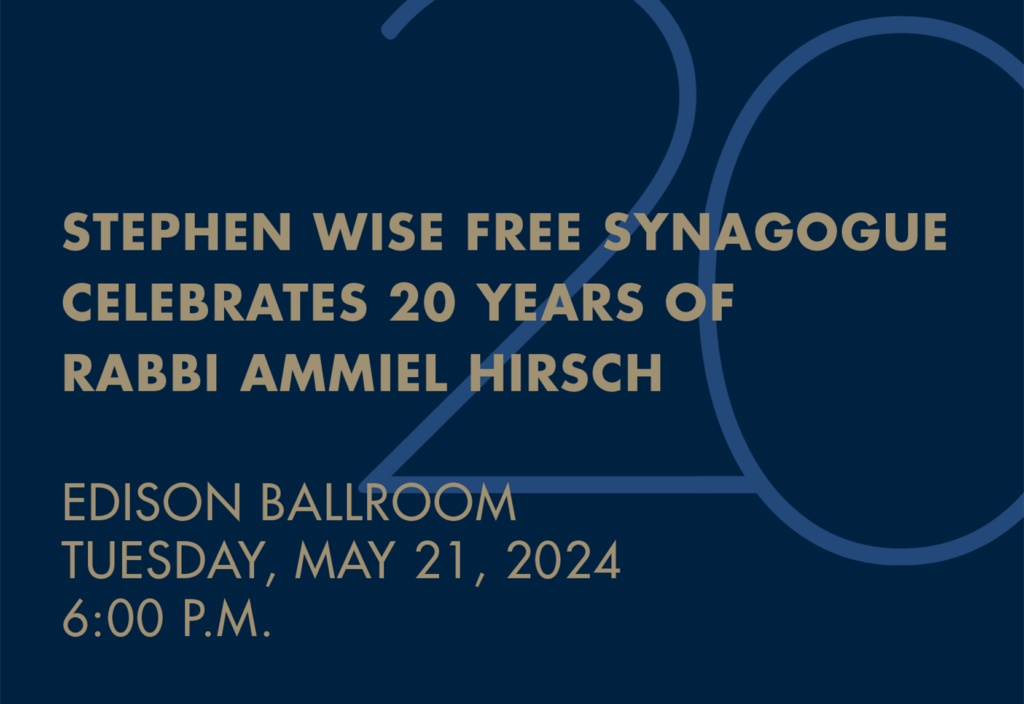Having been enslaved for so long, the Israelites doubted their ability to enter the Promised Land. Rabbi Dalia Samansky explains that “faith is believing without proof,” something the older generation of slaves struggled with. In a world where God’s presence isn’t as obvious, how do we develop faith?
As the weather heats up, we read about our ancestors’ 40 years of walking and complaining in the desert. Rabbi Dalia Samansky explains that the slave generation’s inability to believe in change kept them from entering the Promised Land, while the new generation’s growth mindset allowed them to succeed: “Just as God let us learn from our mistakes, we must allow our children, students and ourselves to make mistakes and discover the solutions to our problems.”
“Relationships have always been fraught with challenges with no simple ethical solutions,” says Rabbi Samantha Natov. This week’s parashah introduces us to the Nazarites, ancient monks who sought to avoid these conflicts and achieve purity by living separately from others. “We might view this as a loss on their part. We are meant to engage in life fully, not hermetically seal ourselves away. The point isn’t to never go astray. It’s about how we come back.”
“Have you been following the emergence of what may be as many as a trillion cicadas throughout the Midwest and Southeast?” asks Rabbi Ammi Hirsch. Maybe not. “New Yorkers don’t really commune with nature,” he says. But this year — the first time in 221 years that two cicada broods will rise from the earth simultaneously — perhaps we can learn something from these humble insects…
“There are plenty of other texts in the Torah that we would also prefer to ignore, reject, explain away. As modern Jews,what do we do with sacred text that does not resonate with our values?” asks Rabbi Samantha Natov as we look ahead to Shavuot. “We wrestle with Torah. It documents the best and worst of us. It shows us what we are capable of — and sides of ourselves we would prefer not to see…”
“How often have we reacted instinctively and immediately regretted it?” asks Rabbi Dalia Samansky. Recognizing our weaknesses, the Torah prescribes rest periods and mitzvot to encourage us to pause and reflect. “When we take that extra moment to choose our actions and words, we reach our highest potential.”


